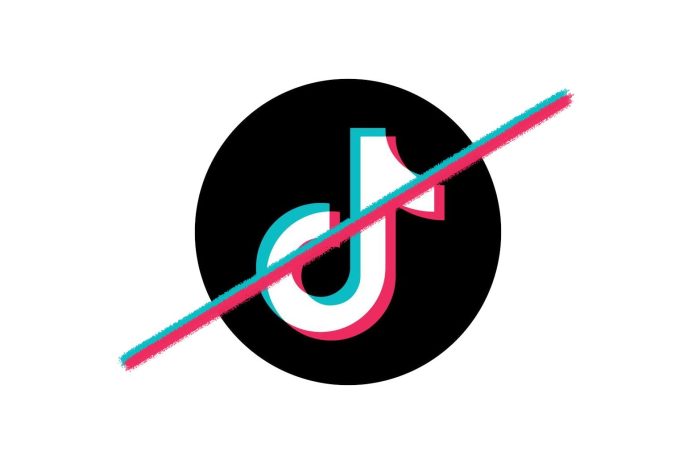Issue was a law requiring TikTok’s Chinese owner to either sell the U.S. incorporation or see the app banned
The Supreme Court on Friday upheld a federal law that would ban the Chinese-owned social media platform TikTok just two days before the bipartisan divestiture law is slated to take effect Sunday.
“There is no doubt that, for more than 170 million Americans, TikTok offers a distinctive and expansive outlet for expression, means of engagement, and source of community,” the court wrote in the unsigned ruling. “But Congress has determined that divestiture is necessary to address its well-supported national security concerns regarding TikTok’s data collection practices and relationship with a foreign adversary.
“For the foregoing reasons, we conclude that the challenged provisions do not violate petitioners’ First Amendment rights. The judgment of the United States Court of Appeals for the District of Columbia Circuit is affirmed.”
At issue was the Protecting Americans from Foreign Adversary Controlled Applications Act, a law passed by Congress last April with wide bipartisan support. The law gave TikTok nine months to either divest from its Chinese parent company, ByteDance, or be removed from U.S.-based app stores and hosting services.
In passing the law, Congress cited concerns over the app’s Chinese ownership, which members said meant the app had the potential to be weaponized or used to amass vast amounts of user data, including from the roughly 170 million Americans who use TikTok.
TikTok, ByteDance and several users of the app swiftly sued to block the ban in May, arguing the legislation would suppress free speech for the millions of Americans who use the platform. After a lower court upheld the ban, the Supreme Court agreed to hear TikTok’s emergency request to either block or pause implementation of the law under a fast-track timeline just nine days before the ban was slated to go into effect.
President-elect Donald Trump did not immediately respond to the Supreme Court decision, which comes just days before his inauguration. As president, Trump could move to delay the law, either by not enforcing it vigorously— which would allow TikTok more time to find a buyer, or continue operating as-is—or take other actions that would uphold the status quo.
Trump said he spoke by phone Friday with Chinese President Xi Jinping hours before the Supreme Court decision was published. Trump described the conversation between the two as being “a very good one” both for China and the U.S. He noted that the two had discussed shared interests, including TikTok.
Trump has also invited TikTok CEO Shou Chew to attend his inauguration. Chew said he plans to attend.






